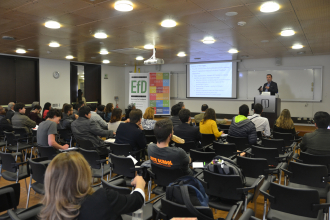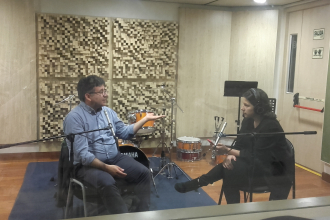Farm Diversification as an Adaptation Strategy to Climatic Shocks and Implications for Food Security in Northern Namibia DP 20-01
Limited non-farm opportunities in the rural areas of the developing world, coupled with population growth, means agriculture will continue to play a dominant role as a source of livelihood in these areas. Thus, while rural transformation has dominated recent literature as a way of improving welfare through diversifying into non-farm sectors, improving productivity and resilience to shocks in smallholder agricultural production cannot be ownplayed.



